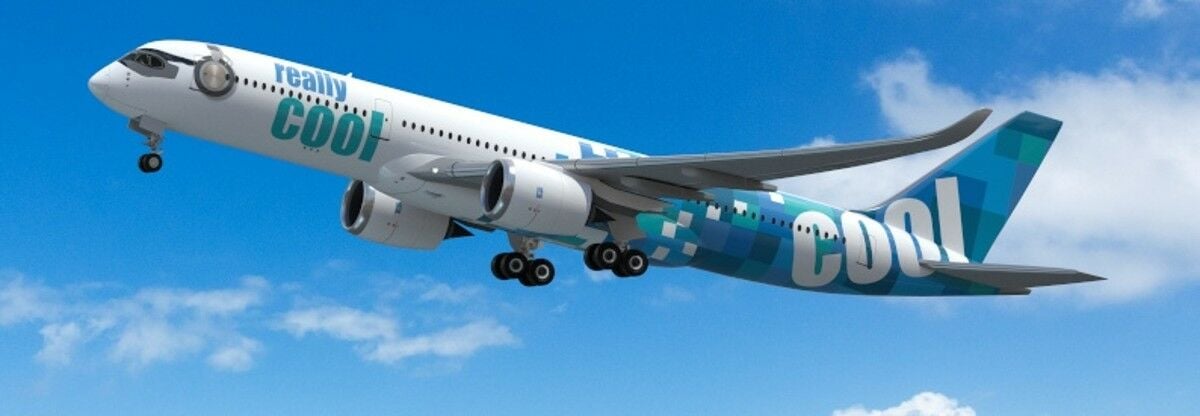Aircraft shortage delays launch of Thailand’s Really Cool Airlines

The worldwide aircraft shortage has led to a delay in the launch of Really Cool Airlines in Thailand. The airline, headed by chief executive Patee Sarasin, is finalising a lease agreement for two Airbus A330 aircraft, with delivery now expected by the end of this year rather than the initially planned first half.
Commercial airlines are struggling to acquire aircraft due to a high demand for both new and used wide-body jets. Boeing and Airbus, the two largest aircraft manufacturers, are inundated with existing and new orders, but their production capacity remains constrained. This situation has also impacted the used aircraft market, as airlines waiting for new deliveries are unable to sell planes from their current fleets.
Patee Sarasin highlighted that Really Cool Airlines aims to position itself as an innovative carrier, ensuring that in-flight technology and seat arrangements meet high standards, with at least 20 to 30% of seats designated as business class.
“If the first two aircraft are delivered in November, we will start with charter flights to Japan as planned to settle our system for three to four months. Hopefully, we can start scheduled flights in the first or second quarter of 2025 to tap high travel demand during that period.”
The airline has already established distribution channels through tour agents to help fill capacity in its initial stages. Discussions are also ongoing with airport authorities in various countries, including Japan.
Data from the International Air Transport Association shows that global passenger demand rose by 8% in July year-on-year, with the Asia-Pacific region experiencing a 12% increase in revenue passenger kilometres.
Regarding the Thai government’s plan to position Thailand as an aviation hub, Patee expressed his support, urging the new administration to maintain this policy. He believes the aviation industry holds significant potential for growth over the next five to six years, reported Bangkok Post.
“To become an aviation hub, outdated regulations and complicated procedures should be removed as they are obstacles to business expansion, such as the process for importing aircraft, which typically takes a long time.”
Latest Thailand News
Follow The Thaiger on Google News:


























